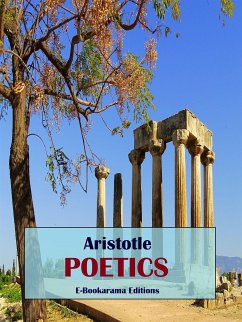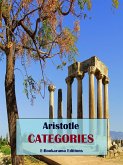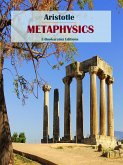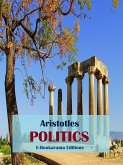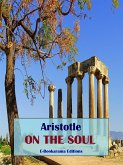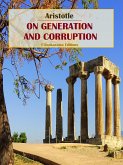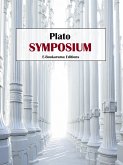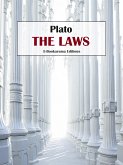Aristotle was the first theorist of theatre – so his "Poetics" is the origin and basis of all subsequent theatre criticism.
Aristotle’s "Poetics", though short, has been widely influential outside philosophical circles. Yet it is doubtful that it can be fully appreciated outside Aristotle’s philosophical system as a whole.
Central to all Aristotle’s philosophy is the claim that nothing can be understood apart from its end or purpose ( telos). Not surprisingly, the "Poetics" seeks to discover the end or purpose of all the poetic arts, and especially of tragic drama. Understood generally, the goal of poetry is to provide pleasure of a particular kind. All people by nature enjoy a good imitation (that is, a picture or drama) because they enjoy learning, and imitations help them to learn.
Aristotle’s "Poetics", though short, has been widely influential outside philosophical circles. Yet it is doubtful that it can be fully appreciated outside Aristotle’s philosophical system as a whole.
Central to all Aristotle’s philosophy is the claim that nothing can be understood apart from its end or purpose ( telos). Not surprisingly, the "Poetics" seeks to discover the end or purpose of all the poetic arts, and especially of tragic drama. Understood generally, the goal of poetry is to provide pleasure of a particular kind. All people by nature enjoy a good imitation (that is, a picture or drama) because they enjoy learning, and imitations help them to learn.

